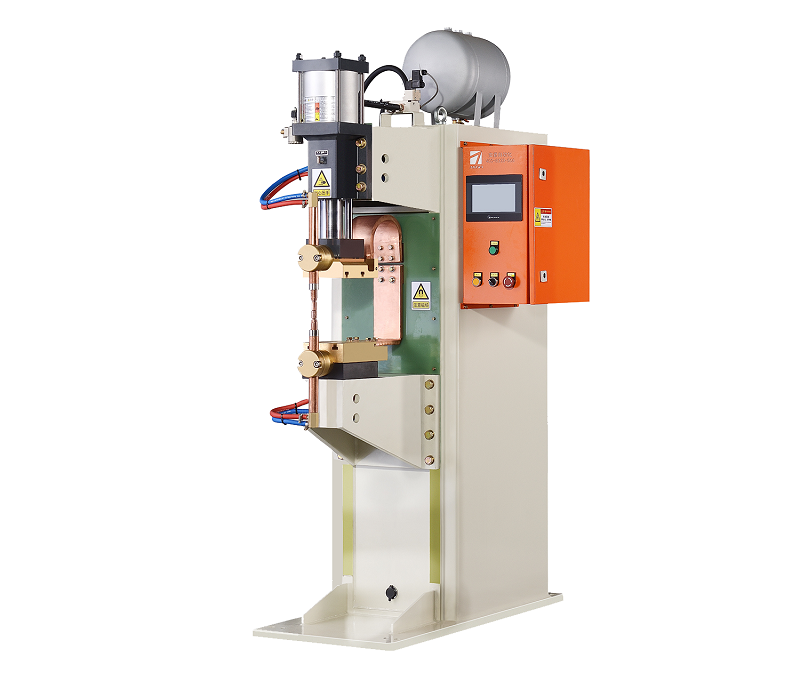Electrode Materials Used in Medium Frequency Spot Welding Machines?
The choice of electrode material is a crucial factor in the performance and efficiency of medium frequency spot welding machines. This article delves into the various materials commonly used for electrodes in these machines and discusses their characteristics and advantages.

Overview of Electrode Materials: The electrodes in medium frequency spot welding machines are subject to extreme heat and mechanical stress during the welding process. As a result, electrode materials need to possess specific properties to ensure longevity, efficient heat transfer, and optimal welding results.
Common Electrode Materials:
- Copper Alloys: Copper-based electrode materials, such as chromium zirconium copper (CuCrZr) and beryllium copper (CuBe), are widely used in medium frequency spot welding machines. These alloys offer excellent thermal conductivity, high strength, and good wear resistance. Chromium zirconium copper, in particular, is favored for its superior heat resistance and long electrode life.
- Molybdenum: Molybdenum electrodes are known for their high melting point, which makes them suitable for applications that involve higher temperatures. They exhibit good thermal and electrical conductivity, making them effective for certain welding tasks.
- Tungsten: Tungsten electrodes are appreciated for their durability and high melting point. However, they have lower thermal conductivity compared to copper-based alloys, which may limit their use in certain applications.
- Copper Tungsten Alloys: These alloys combine the advantages of both copper and tungsten. They provide improved wear resistance and high-temperature performance compared to pure copper while maintaining good electrical conductivity.
- Silver Alloys: Silver-based electrodes are known for their excellent electrical conductivity and thermal properties. However, they are often more expensive and may require careful selection for specific applications.
Advantages of Proper Electrode Material Selection:
- Efficient Heat Transfer: Proper electrode materials ensure efficient heat transfer during welding, which contributes to consistent weld quality and prevents overheating.
- Longevity: Electrode materials with high wear resistance and heat resistance, such as CuCrZr, result in longer electrode life, reducing downtime and maintenance costs.
- Stable Electrical Conductivity: The choice of electrode material affects the stability of electrical conductivity, which is essential for maintaining consistent welding parameters.
- Reduced Weld Defects: Selecting the right electrode material reduces the likelihood of sticking, spattering, and other weld defects, leading to higher-quality welds.
The selection of electrode materials in medium frequency spot welding machines is a critical decision that impacts welding performance, electrode life, and overall efficiency. Copper alloys like CuCrZr and CuBe are popular choices due to their combination of excellent thermal conductivity, wear resistance, and heat resistance. Careful consideration of electrode material properties in relation to specific welding applications will help manufacturers achieve optimal welding results and maximize the lifespan of their equipment.